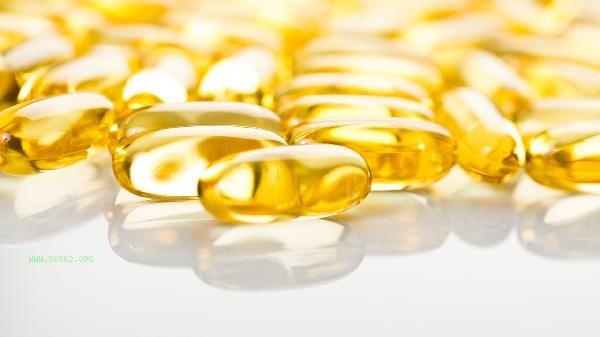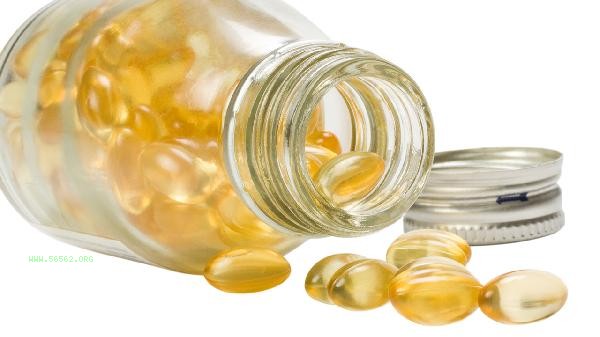The main difference between algal oil DHA and fish oil DHA lies in their source, composition, and target audience. Algae oil DHA is directly extracted from marine microalgae, suitable for vegetarians, and does not contain cholesterol; Fish oil DHA is extracted from the fat of deep-sea fish and may contain small amounts of EPA and environmental pollutants.

1. Source difference
Algae oil DHA is obtained through fermentation of microalgae such as Chlamydomonas reinhardtii, which belongs to plant-based sources and has strong controllability in the production process. The DHA of fish oil depends on the fat purification of deep sea fish such as sardine and tuna, which needs to be enriched and transformed through the food chain, so there is a risk of heavy metal accumulation.
2. Ingredient characteristics
Algae oil DHA has high purity and does not contain EPA, making it suitable for supplementation to pregnant women and infants. Fish oil DHA usually contains a small amount of EPA, which may affect fetal development, but EPA is beneficial for adult cardiovascular health, with a ratio of 1:1 to 1:4.
3. Target audience
Algae oil DHA is suitable for vegetarians, seafood allergy sufferers, and children under 3 years old due to its lack of fish allergens. Fish oil DHA is more suitable for middle-aged and elderly people to improve blood lipids, but gout patients need to be cautious when choosing fish oil products containing purines.

4. Absorption efficiency
Both DHA are in the form of triglycerides or ethyl esters, but algal oil DHA is naturally in the form of triglycerides and has slightly higher bioavailability. Partial fish oil can be purified through molecular distillation, but high-temperature processing may damage some active ingredients.
5. Environmental Impact
Algae oil DHA is produced through sustainable fermentation and has no pressure on marine ecology. Fish oil DHA relies on fishery resources, and overfishing may disrupt the marine food chain. Some brands use fishery certified raw materials to reduce ecological impact. When choosing [SEP], it is necessary to weigh one's own needs. Pregnant women and infants should prioritize algae oil DHA, while middle-aged and elderly people with three highs can evaluate the EPA synergistic effect of fish oil DHA. Regardless of which one is chosen, it is recommended to check third-party purity certification to avoid consuming DHA products that have been oxidized or spoiled. Eating deep-sea fish 2-3 times a week in daily diet can meet basic needs, and individual differences should be evaluated by consulting a nutritionist before using supplements.









Comments (0)
Leave a Comment
No comments yet
Be the first to share your thoughts!